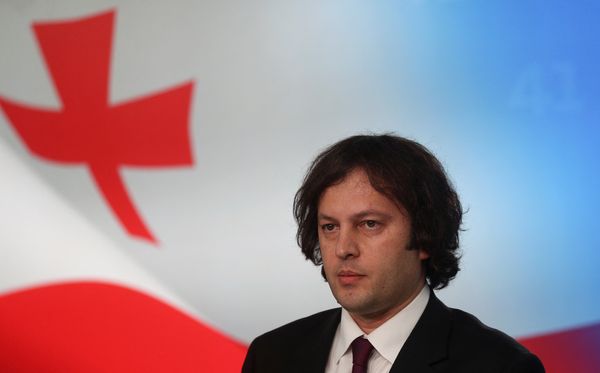In a significant verdict, the Madras High Court has held that the mentally challenged are entitled to medical assessment at the place of their residence for the purpose of issuance of disability certificates and that they need not be forced to undergo the ordeal of being produced in person before the Institute of Mental Health.
Justice G.R. Swaminathan wrote: “Inverting the old phrase, I must observe that if Mohammed will not come to the mountain, the mountain must go to Mohammed.” He suggested the government could consider exempting persons with other disabilities too from appearing in person for medical assessment at government hospitals.
“When community certificates are received at doorstep, can the State not apply the same model in the case of persons with disability also? The bureaucracy of the Indian State is described as its steel frame. It must be malleable enough to reach out and address the needs of the last person,” the judge observed.
Taking judicial notice of the fact that bringing the mentally challenged to a congested place like a government hospital would trigger considerable stress and anxiety to them for one does not know what could trigger panic and anxiety, the judge said, it would be clinically appropriate that assessment for issuing disability certificates was done at their homes.
“Tamil Nadu can boast of possessing one of the best health infrastructure in the country. It is being helmed by persons of competence... The Government of Tamil Nadu has introduced a laudable scheme ‘Illam Thedi Kalvi’ (Education at doorsteps). This model can very well be applied to the case on hand,” the judge added.
The orders were passed while allowing a writ petition filed by nonagenarian T.R. Ramanathan of Chennai who wanted a disability certificate for his 61-year-old mentally challenged son R. Saikumar so that the latter could obtain family pension after the petitioner’s death. His counsel Abhinav Parthasarathy highlighted the travails undergone by the petitioner.
He told the judge the Government General Hospital in Chennai had issued a certificate way back in 1992 stating Saikumar was suffering from permanent disability. Yet, for the purpose of entering his name in the pension book, the government officials insisted on obtaining a fresh disability certificate stating that the “permanent disability still continued.”
Disapproving of such conduct, the judge wrote: “Nani Palkhivala would have certified such official conduct as ‘wooden-headed.’ Probably, the officer believed in Humpty Dumpty’s linguistic philosophy - When I use a word... it means just what I choose it to mean... neither more nor less and ‘permanent’ meant ‘temporary’ also.”
The judge also took serious note of Mr. Parthasarathy’s submission that the doctors at the Institute of Mental Health were not satisfied with Mr. Saikumar having been produced before them in an ambulance on April 26. After preliminary examination, they wanted him to be produced again for running a few tests and hence the writ petition.
The petitioner said Mr. Saikumar was traumatised by what happened on April 26 and not willing to be bundled again into an ambulance once again. Appreciating Government Advocate C. Jayaprakash for not contesting the case, the judge ordered that the petitioner’s son must be examined at his residence.







